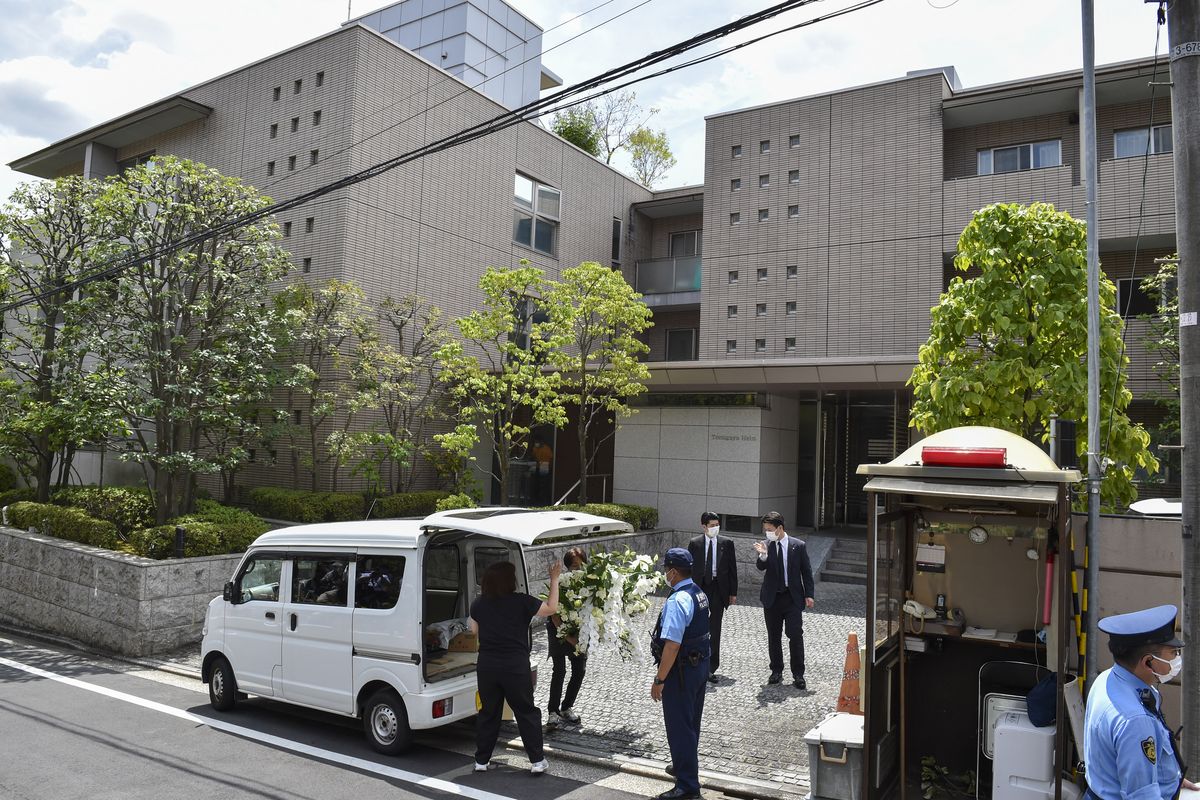Japan Mourns as Body of Assassinated PM Abe Returns to Tokyo

KASHIHARA, KOMPAS.com - Japan on Saturday, July 9, mourned the assassination of former prime minister Shinzo Abe, whose body was being moved to Tokyo from the western town where he was gunned down at close range on the campaign trail.
The murder of Japan’s best-known politician rattled the country and sent shockwaves around the world, particularly given the nation’s low levels of violent crime and strict gun laws.
The man accused of shooting Abe is in custody, with police saying he had confessed to assassinating the former premier, motivated by a belief Abe was linked to an unspecified group.
Police were investigating the unemployed 41-year-old’s background, including claims he had served in the Maritime Self-Defense Force, Japan’s navy, and said he appeared to have used a handmade gun.
Abe was delivering a stump speech ahead of Sunday’s upper house elections when he was shot, and campaigning was resuming Saturday, with politicians saying they were determined to show the murder could not stop democracy.
Shortly before 6:00 am local time, a funeral hearse carrying Abe’s wife Akie and believed to be transporting the former leader’s body left the hospital in Kashihara, western Japan where he was treated.
Also read: Shinzo Abe, Japan’s Longest-serving PM, Assassinated
Doctors at the Nara Medical University hospital said Friday that Abe showed no vital signs when he arrived and died of enormous blood loss, despite massive transfusions.
They described multiple wounds to the prime minister’s neck, with the internal damage reaching as deep as his heart.
Abe’s murder shook Japan, with Prime Minister Fumio Kishida describing the killing as a “barbaric act” that was “unforgivable”.
He was visibly emotional after the former leader’s death was confirmed, pronouncing himself “lost for words”.
Unacceptable act
International reaction was similarly stark, with US President Joe Biden saying he was “stunned, outraged and deeply saddened”, and ordering flags on US government buildings to fly at half-mast.
Even regional powers with whom Abe had clashed expressed condolences. South Korea’s President Yoon Suk-yeol called the killing an “unacceptable act” and the Chinese embassy in Japan praised Abe’s “contribution to the improvement and development” of ties.
Investigators were still piecing together a picture of the man behind the assassination and his motives.































